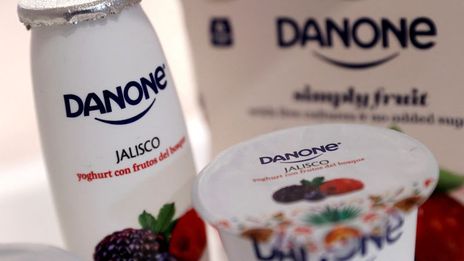Research and Markets (http://www.researchandmarkets.com/research/dzqgwq/erbitux) has announced the addition of the "Erbitux (Colorectal Cancer) - Forecast and Market Analysis to 2023" report to their offering.
This report focuses on the current treatment landscape, unmet needs, current pipeline, and commercial opportunities in the colorectal cancer market, with coverage of multiple settings of the disease including neoadjuvant/adjuvant, first-, second-, third-line KRAS wild-type and mutation-positive, and fourth-line metastatic.
In terms of targeted treatments, the metastatic CRC treatment landscape is mature, including the branded treatments Avastin (bevacizumab), Erbitux (cetuximab), and Vectibix (panitumumab), treatments that have extended the survival of metastatic patients compared to chemotherapy-only regimens. However, high unmet needs remain for the extension of survival of metastatic patients, and particularly those with KRAS mutation-positive disease, for whom the epidermal growth factor receptor (EGFR) inhibitors Erbitux and Vectibix are not recommended.
In February 2004, Eli Lilly/BMS/Merck KGaA's Erbitux (cetuximab) became the first monoclonal antibody to be approved by the FDA for metastatic CRC. The recombinant chimeric IgG1 monoclonal antibody was the first of a novel class of antibodies that target the EGFR pathway. Overexpression of the epidermal growth factor receptor (EGFR, HER1, c-ErbB-1) is frequent in CRC, where it contributes to activate genes that drive the cell cycle and mitosis. The binding of Erbitux to EGFR inhibits the downstream signaling of the receptor and hence reduces tumor progression and initiates cell cycle arrest.
Key Topics Covered:
1 List of Tables
2 Introduction
3 Disease Overview
4 Disease Management
5 Competitive Assessment
6 Erbitux (Cetuximab)
7 Appendix
For more information visit http://www.researchandmarkets.com/research/dzqgwq/erbitux



























